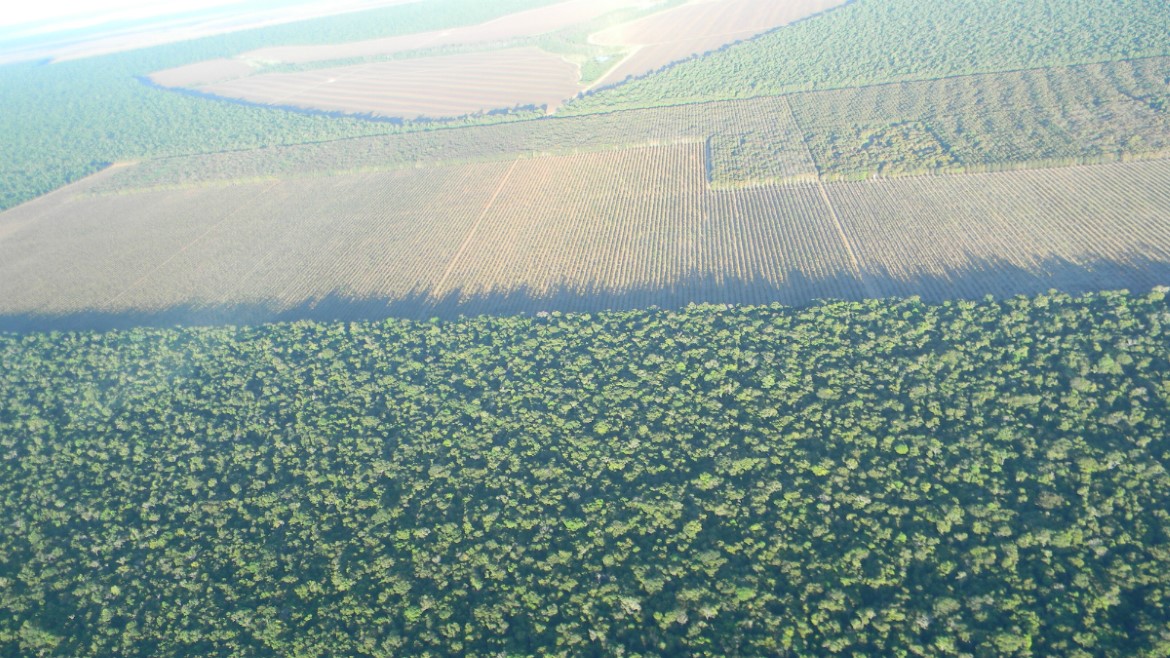
Forest Code Observatory: Carrying out dormant forest legislation
Organization
IPAM
Why? Brazil’s Forest Code has never been properly implemented or enforced.
The Forest Code regulates the use of about 281 million hectares of remnant native vegetation on Brazil’s rural properties.
Of these, 193 million hectares (69%) constitute legally protected areas within Legal Reserves and Permanent Preservation Areas. This represents a CO2 stock of 87 billion tons. The other 88 million hectares (31%) are surpluses of Legal Reserves and as such they can be legally cleared.
If this area is indeed legally cleared, there is a potential emission of approximately 18 billion tons of CO2.
Moreover, it is estimated that the total forest area to be restored according to law equals 20 to 22 million hectares (Soares-Filho et al., 2014).
The problem is that federal and state governments alone cannot implement this legislation. Currently there is no national implementation plan and all legal deadlines for federal and state regulation of policy instruments are delayed.
If we do not have civil society and private sector directly engaged in this challenge, we have the risk of not having the Forest Code implanted.
Budget
Norad intends to offer NOK 40,5 million in total for the period 2016-2020.
What
In this project, IPAM and its partners will carry out applied research, advocacy, gauging transparency, monitoring implementation results and mobilising and increasing awareness of civil society.
IPAM and partners’ objectives are:
- Civil society and key stakeholders monitoring and contributing to Forest Code implementation,
- Federal and state governments provide and full access to information regarding Forest Code implementation,
- Companies in the agricultural supply chains have adopted compliance with the Forest Code as a purchasing and financing criteria
- Economic incentives in place fostering Forest Code implementation. The theory of change is improving transparency, governance, legality and deforestation-free commodity supply chains through promoting social accountability so that target actors (directly responsible for Forest Code implementation) are addressed.
This is based on research and experience and will be carried out through advocacy, gauging and encouraging transparency, monitoring implementation results, mobilisation and increasing awareness of civil society, and involving private sector actors.
Expected results
The Forest Code and all its policy instruments are effectively implemented so that zero deforestation is achieved, with companies and banks demanding full Forest Code compliance from their suppliers and clients, and benefits for conservation reaching farmers in local level.
Partners
IPAM, Conservation International Brasil, BVRio, IMAFLORA, Woods Hole Research Center, UFMG (Federal University of Minas Gerais), Instituto Centro de Vida (ICV), Amigos da Terra – Amazônia Brasileira, Instituto Socioambiental (ISA).
About the project descriptions
The project descriptions give insight in the NICFI portfolio for civil society organisations supported by Norad.
The descriptions presented are written by the project partners. Only minor edits have been undertaken by Norad. Their presentations and conclusions do not necessarily reflect the views of Norad.
